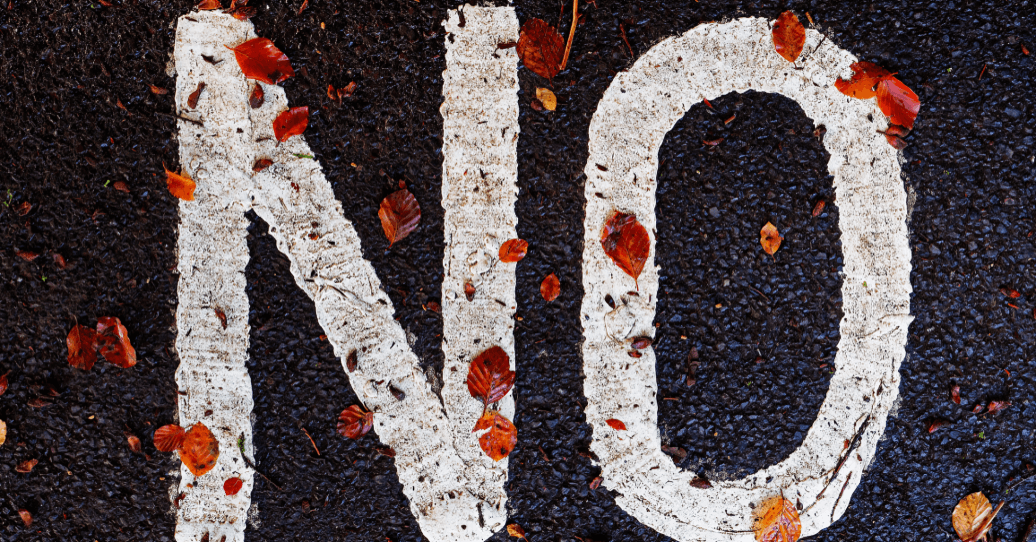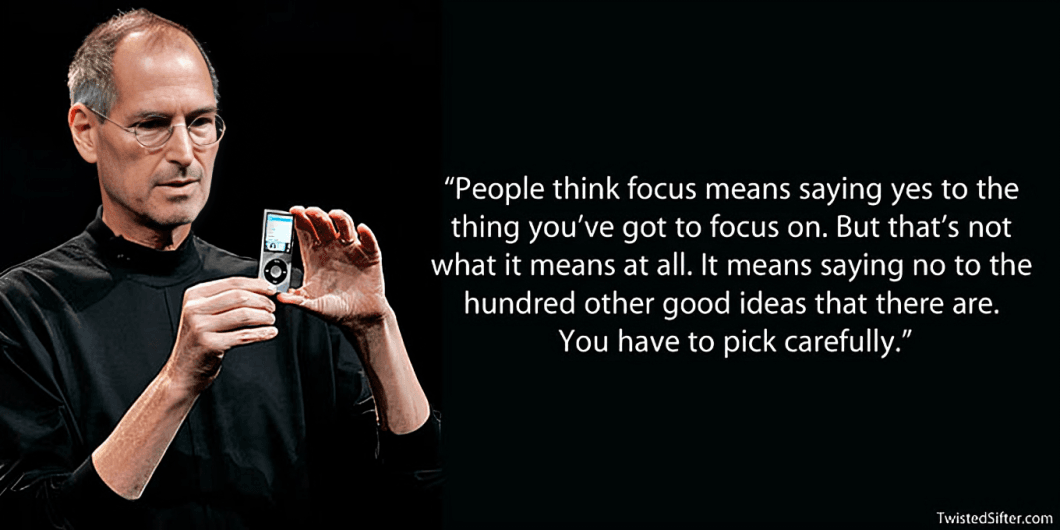
“
Learning how to say no and prioritize self-care is a crucial life skill that empowers individuals to maintain mental well-being, physical energy, and emotional balance. When you set boundaries and commit to your needs, you don't just protect your time—you protect your peace. Saying no with confidence frees space for what truly matters, including rest, relationships, and self-respect. 1
1
1
”
Saying no reduces decision fatigue, a psychological phenomenon where making too many choices depletes willpower. Fewer yeses mean more mental clarity and focused energy throughout the day. 1
People-pleasing behavior is often rooted in fear of rejection or conflict. Learning to say no gently is a sign of inner growth, emotional maturity, and improved self-worth.2

Prioritizing self-care by saying no protects your time and prevents burnout. It ensures you're emotionally available for yourself first—before trying to support others out of obligation.
Chronic stress from always saying yes increases cortisol levels, weakening your immune system over time. Refusing unnecessary tasks is scientifically linked to better long-term health. 3
Establishing firm boundaries doesn't mean you're unkind; it means you value your peace. Clear communication fosters mutual respect and encourages healthy, balanced relationships. 4
Research shows that people who routinely say no when needed report higher life satisfaction. They enjoy more meaningful commitments and feel empowered by protecting their time. 5
The word “no” can be empowering when delivered respectfully. It sets the tone for self-respect and lets others know your time and priorities are non-negotiable. 6
Prioritizing rest and leisure helps cognitive function. Refusing excessive tasks allows your brain downtime, enhancing problem-solving, memory retention, and creativity. 7
When you always say yes, you end up sacrificing your own goals. Every yes to others is a no to something potentially important in your own life. 8
Social pressure often tricks people into accepting tasks they dislike. Practicing assertiveness, not aggression, helps set boundaries that reduce guilt and maintain self-care. 9

Sleep, healthy meals, and solitude are fundamental parts of self-care. Saying no to late meetings or constant socializing helps you meet your physical and mental needs better.
You don't need to justify every no. A simple "That doesn’t work for me" respects both your boundaries and the other person without inviting debate or guilt. 10
Emotionally intelligent people balance empathy with self-respect. They understand that protecting their energy makes them more effective and compassionate in the long run. 11
The habit of overcommitting stems from wanting approval. Shifting focus from external validation to internal contentment builds self-trust and eliminates the need for constant yeses. 12
Setting boundaries might upset some people, but those who truly respect you will accept them. Saying no filters out people who only value you when you're compliant. 13

Many successful people say no far more than they say yes. Steve Jobs, for instance, emphasized focus by rejecting anything that didn’t serve Apple's core mission.
Healthy boundaries are necessary for sustained productivity. Overextension leads to inefficiency and resentment, whereas saying no allows for focused, high-quality output. 14
You’re not responsible for others' reactions to your no. Emotional maturity means accepting that your self-care choices might inconvenience others but are still valid. 15
Time is your most valuable resource. Saying no ensures you invest it wisely—into passions, health, learning, or simply rest—rather than constantly depleting it for obligations. 16
Philosopher Søren Kierkegaard believed that saying no to distractions was essential for truth-seeking and personal growth. Protecting one’s inner life requires boundaries and the courage to choose wisely.17


